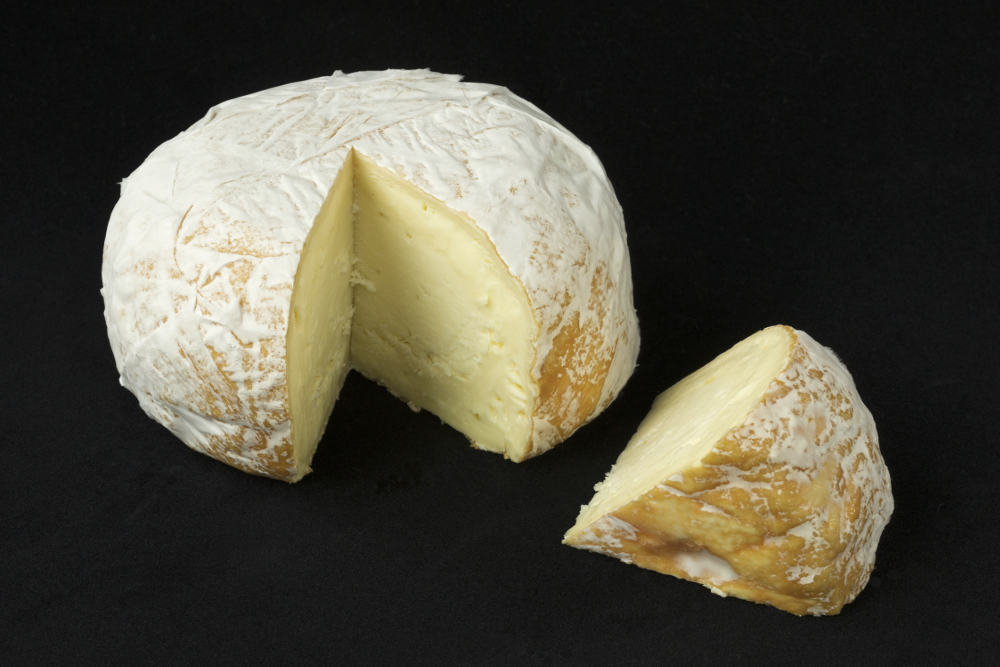
The Benefits of Raw Milk
As organic foods have risen in popularity, so-called artisanal foods like raw organic cheese and milk are also undergoing a renaissance. More and more, people are recognizing that the industrialization of our food system has dramatically reduced the quality of our food.
Not only are foodborne diseases most commonly linked to processed food, there’s also the issue of toxic exposures from herbicides and pesticides. Organic and sustainably grown foods are safer in both regards, and they can be more nutrient-dense as well.
April 16, 2016 | Source: Mercola | by Dr. Mercola
As organic foods have risen in popularity, so-called artisanal foods like raw organic cheese and milk are also undergoing a renaissance. More and more, people are recognizing that the industrialization of our food system has dramatically reduced the quality of our food.
Not only are foodborne diseases most commonly linked to processed food,1 there’s also the issue of toxic exposures from herbicides and pesticides. Organic and sustainably grown foods are safer in both regards, and they can be more nutrient-dense as well.
This is particularly true for raw milk, as pasteurization destroys many valuable nutrients and enzymes in the milk. Cows raised in concentrated animal feeding operations (CAFOs) also tend to be less healthy due to crowded and unsanitary living conditions, which reflects on the milk they produce.
Food Forward
The video above is part of a 2014 PBS series called “Food Forward,”2,3 which takes a look at what’s wrong with our industrialized food system, and what we can do to improve it — and our health. Returning to time-honored sustainable practices such as raising dairy cows on pasture is part of this solution.
This particular segment focuses on dairy farming, and features organic farmers who pride themselves on the quality of their raw milk, cheese, and ice-cream. It addresses the problems of over processing, and stresses the importance and benefits of raw milk as long as it’s done correctly.
As noted by food science professor and chemist Bruce German, Ph.D., food production has been driven for the past several decades by a quantity model.
The idea has been to make more, and make it cheap, and the motto among farmers became “Get big, or get out.” But there are ramifications of such a mindset, and quality is almost universally sacrificed when you go big and cheap.
Farmers like those featured in PBS’ program are not as concerned with size as they are with quality — and with flavor. When it comes to cheese, part of the secret lies in the aging process, during which the richness of flavor is produced.
